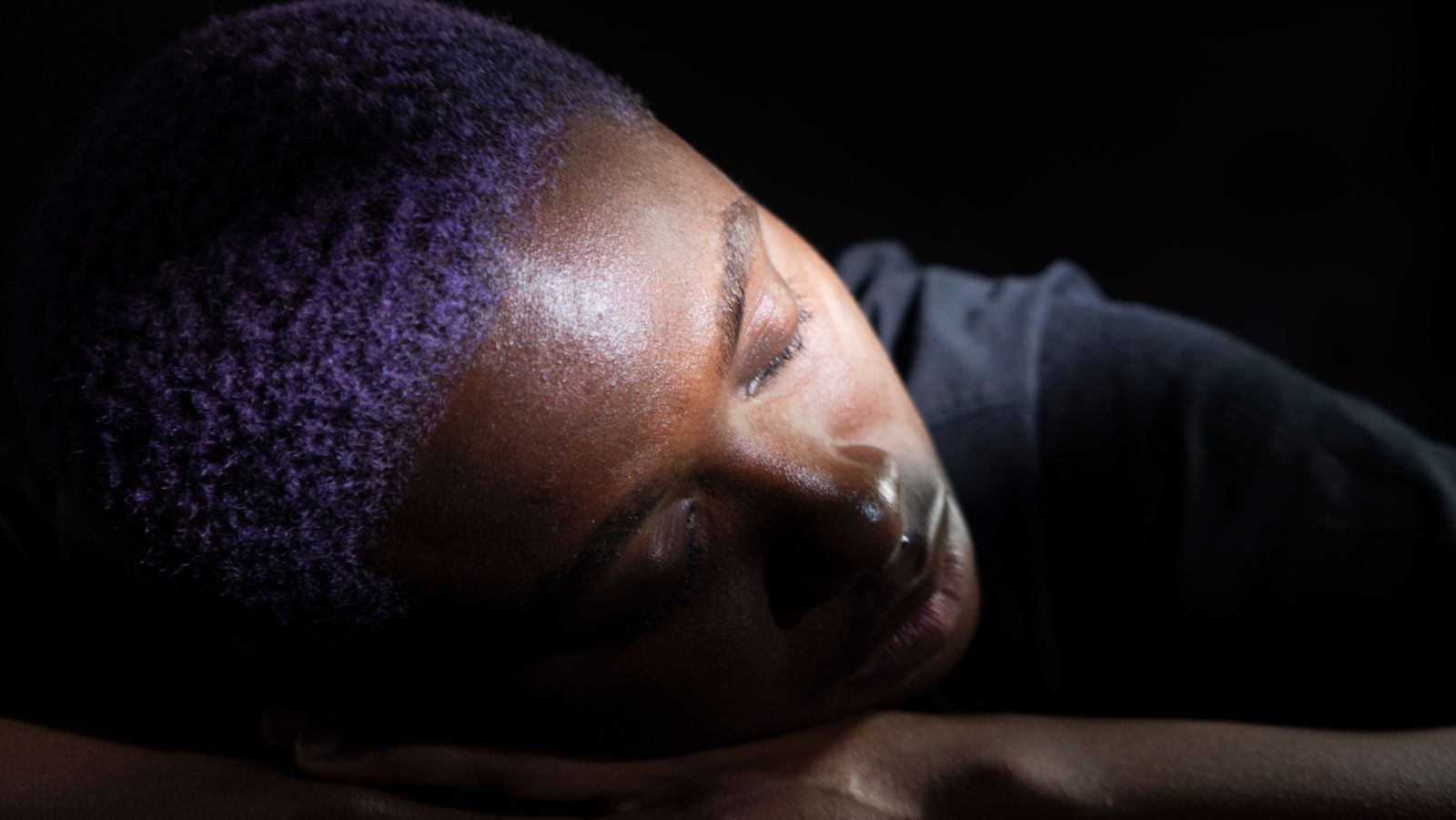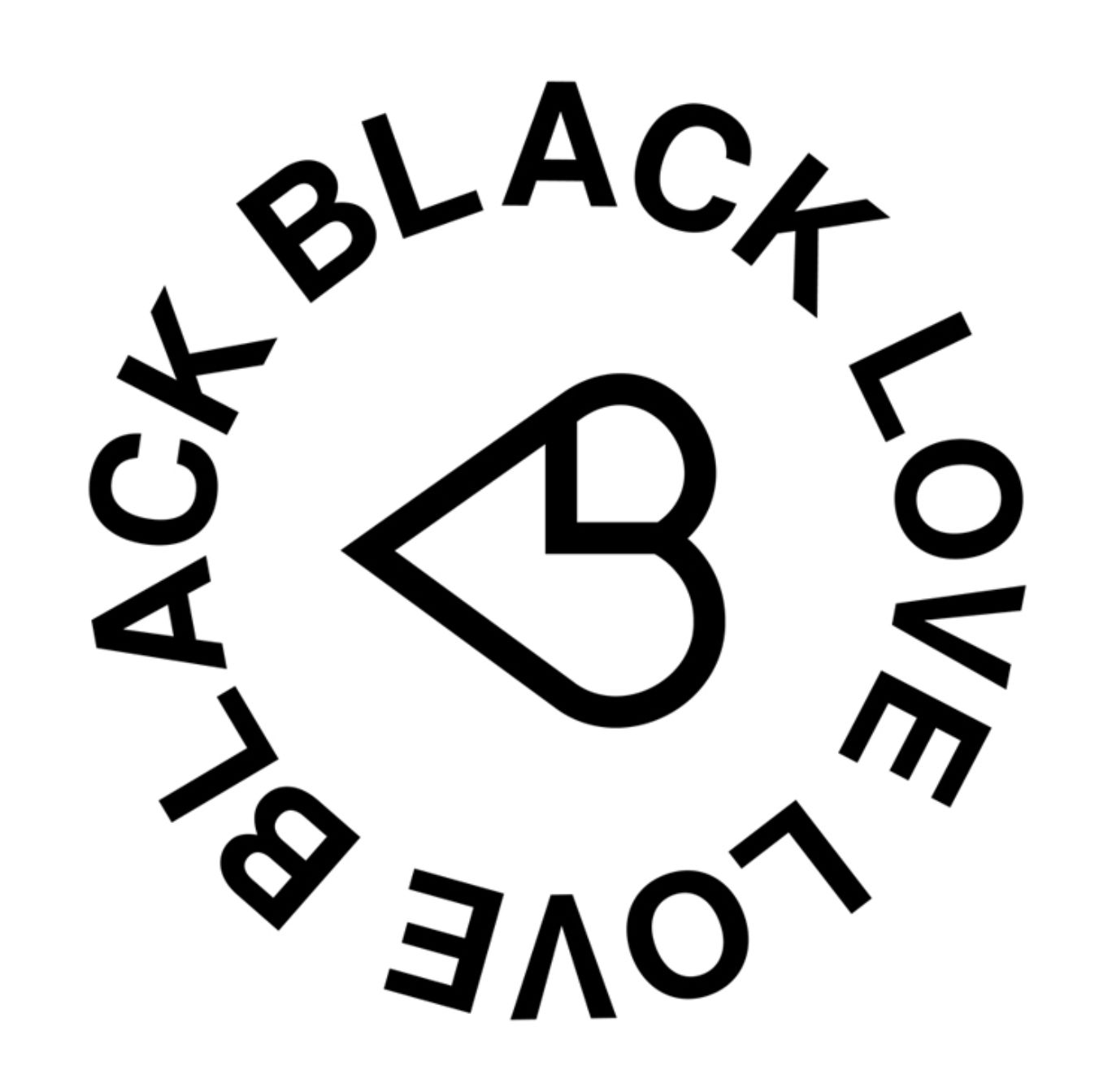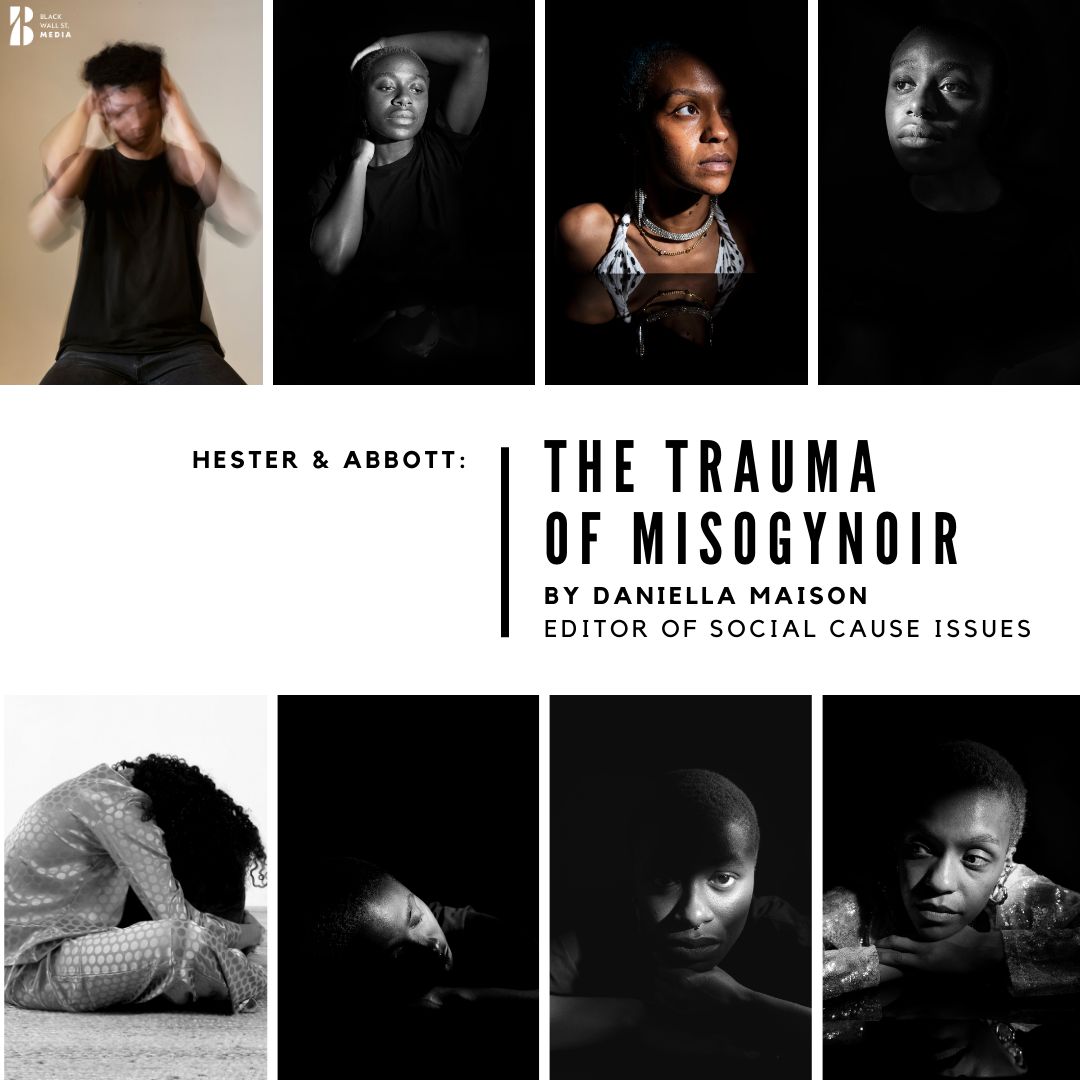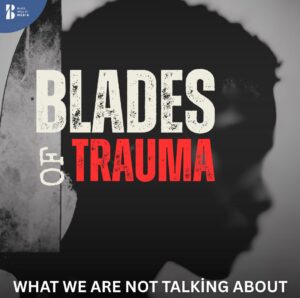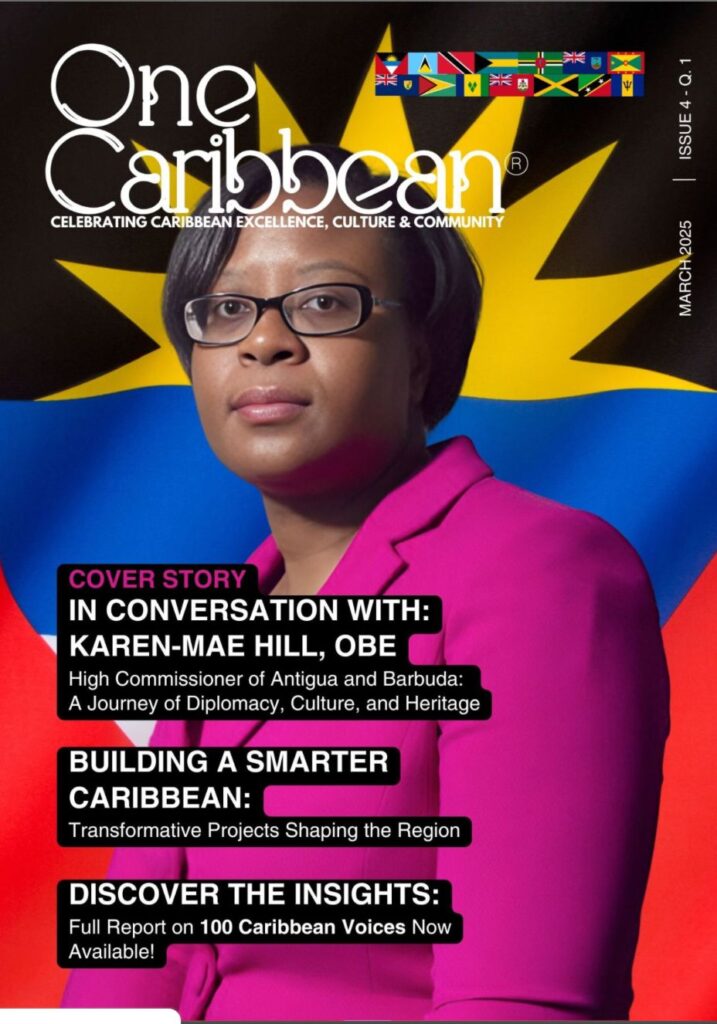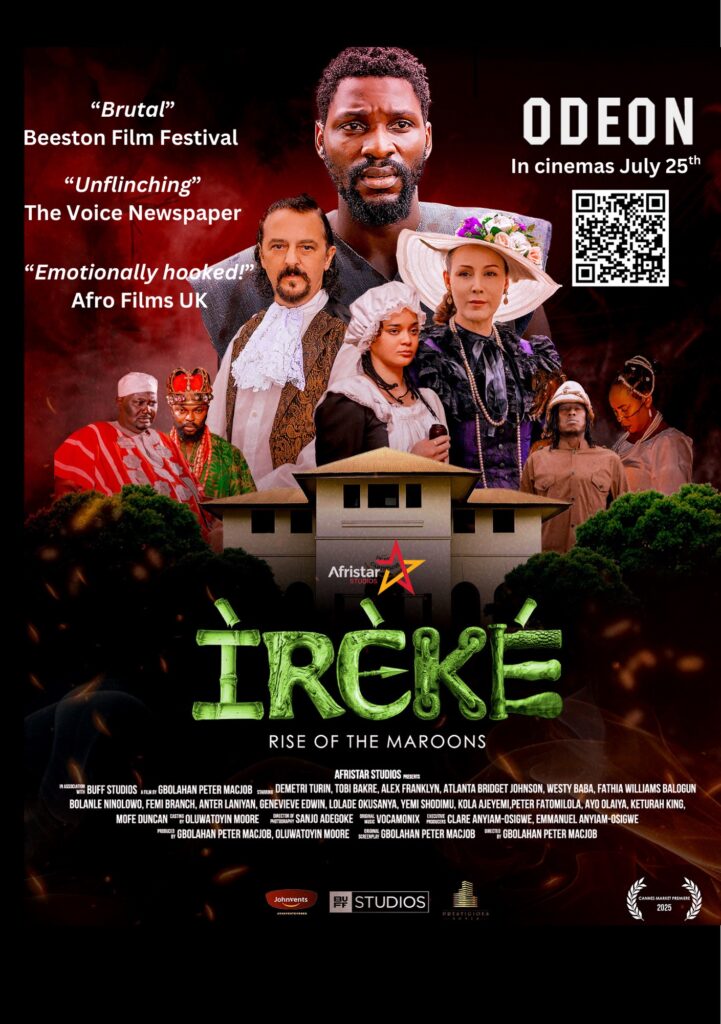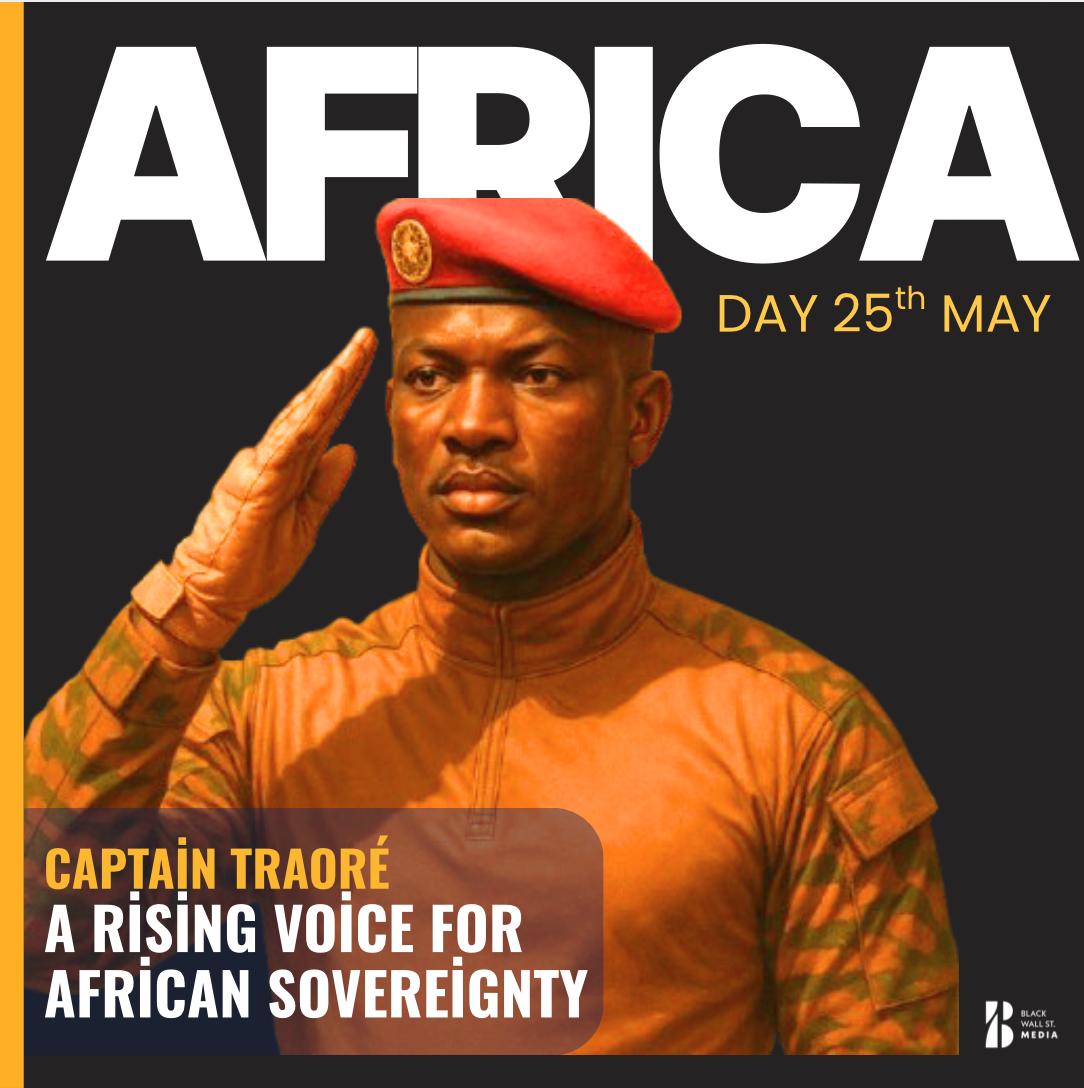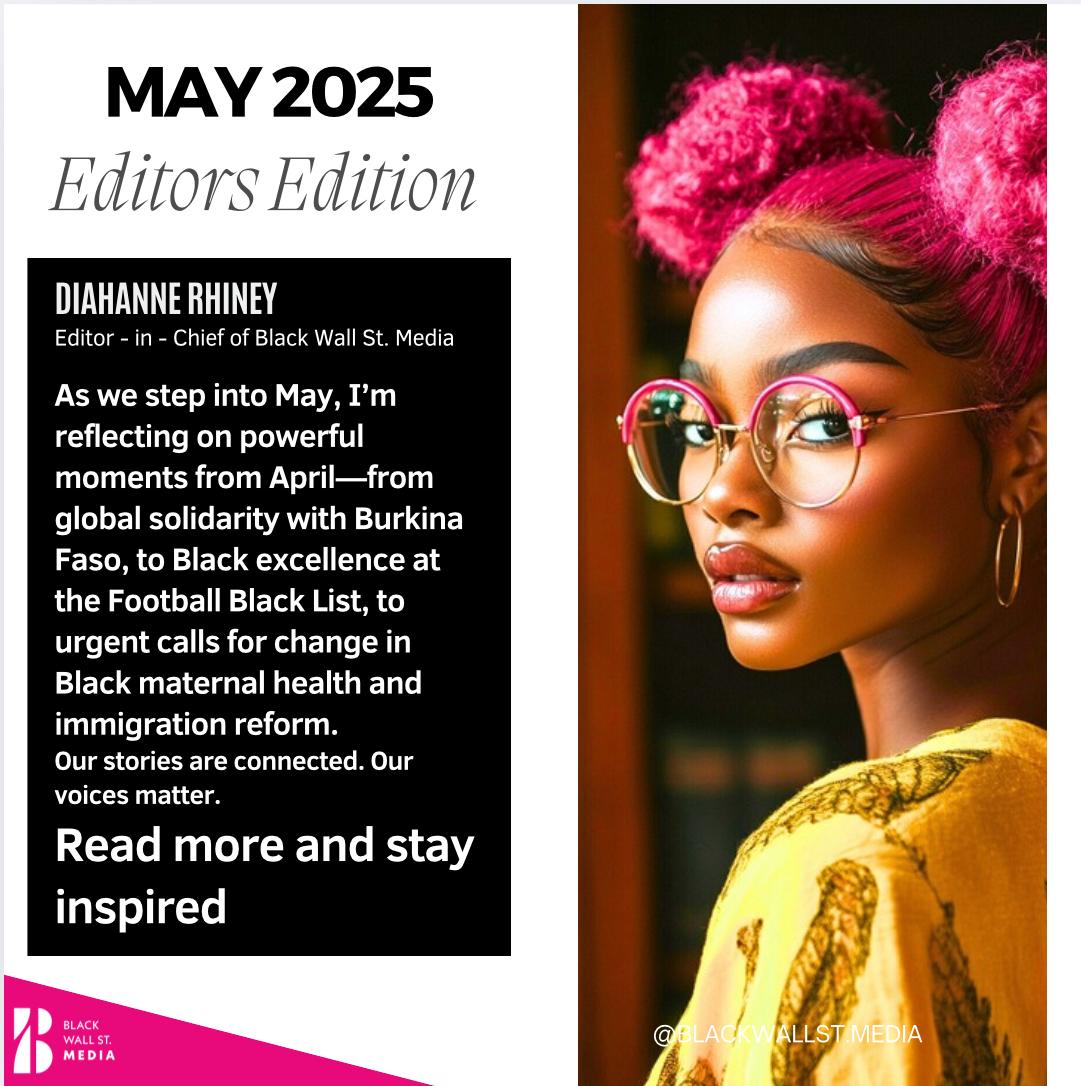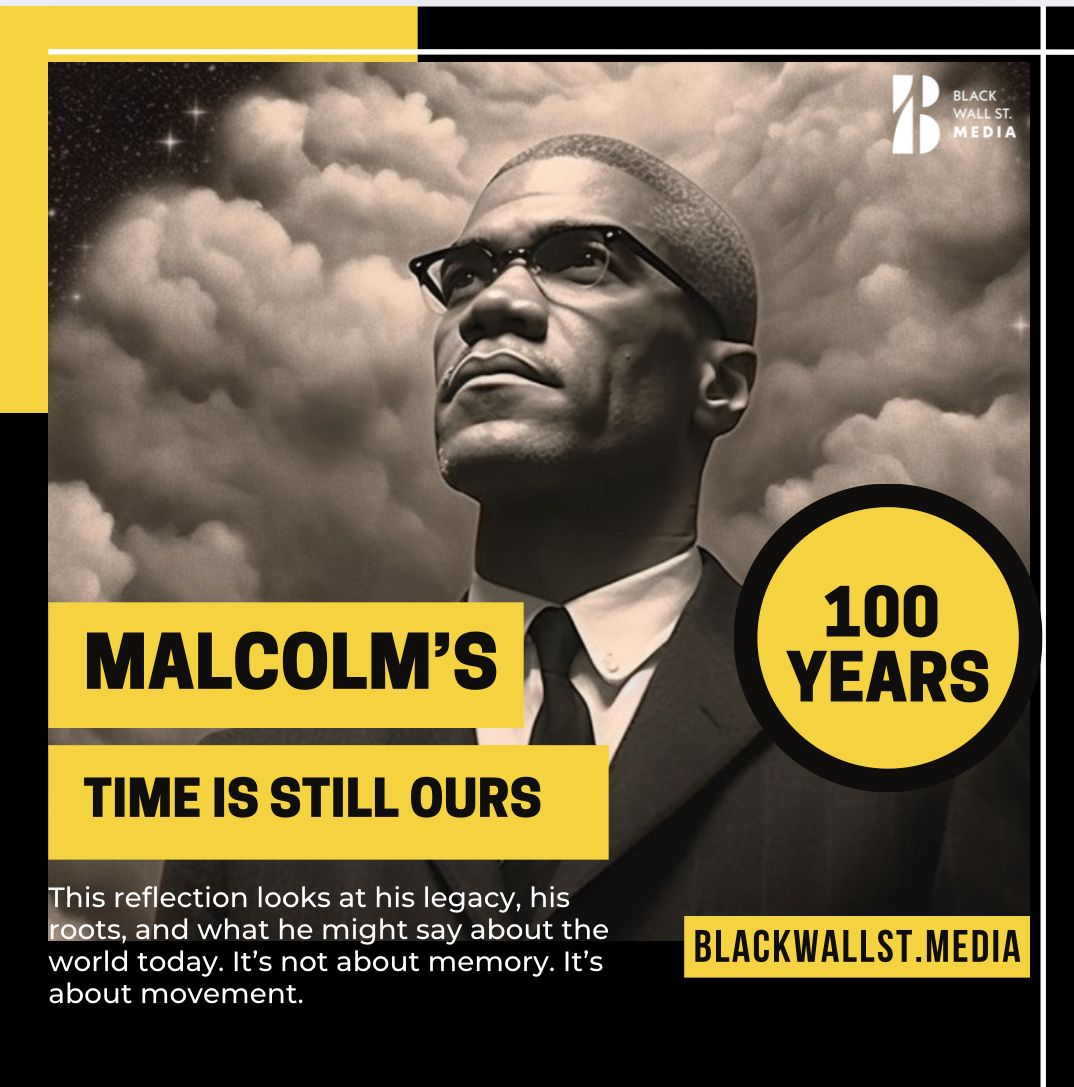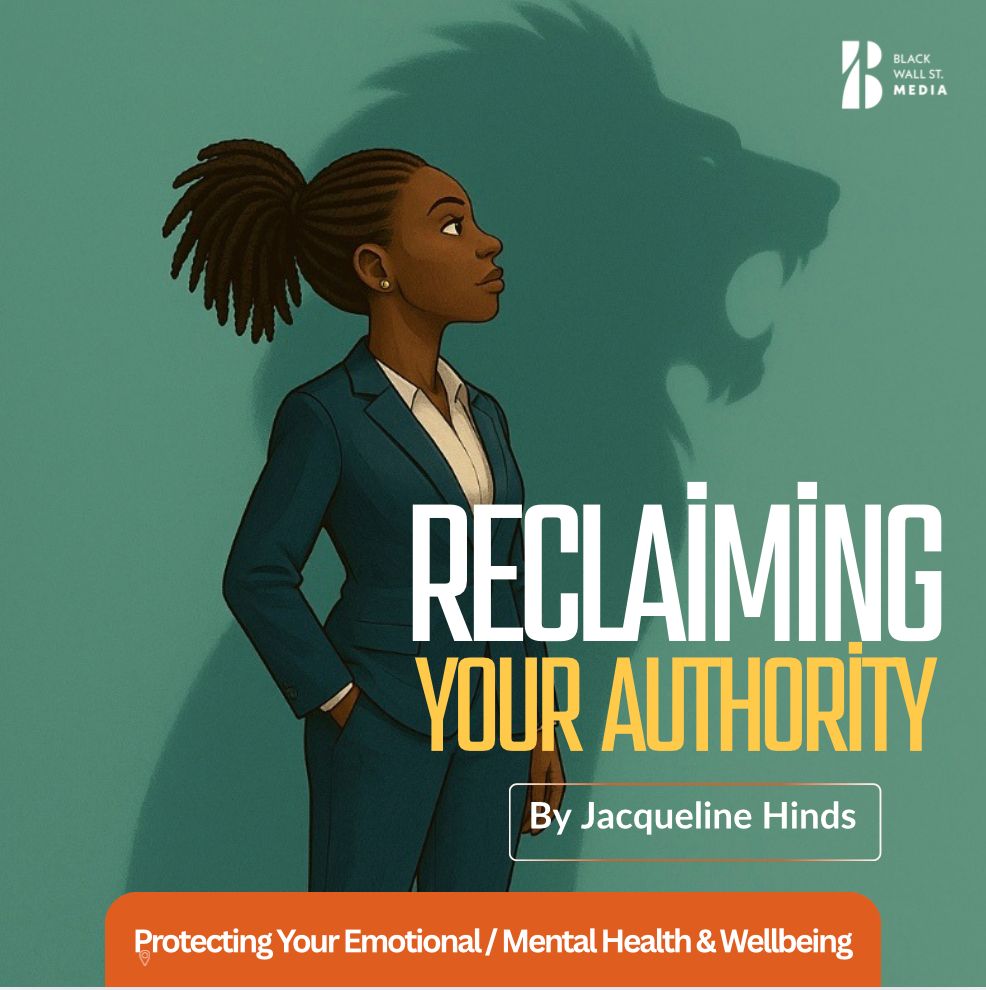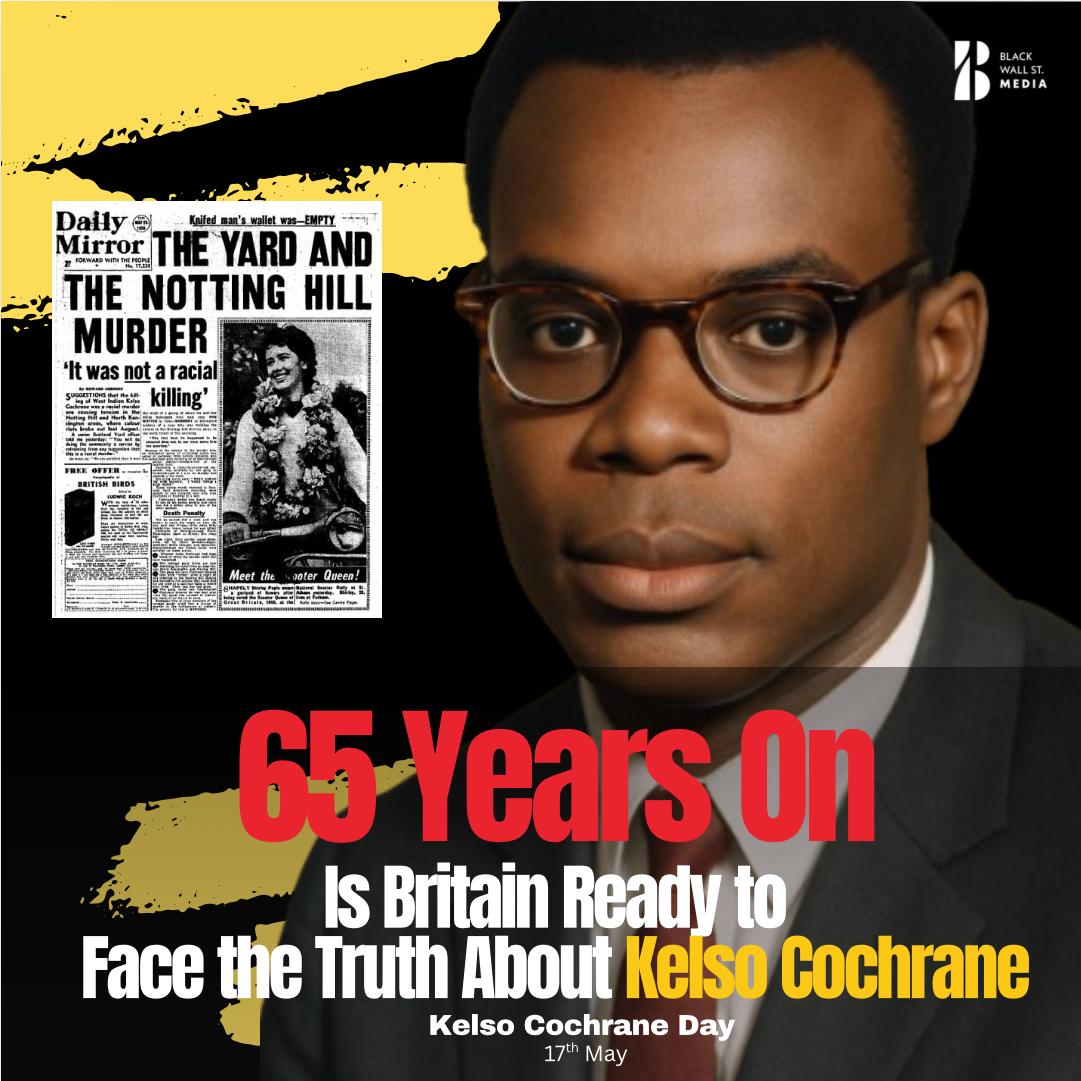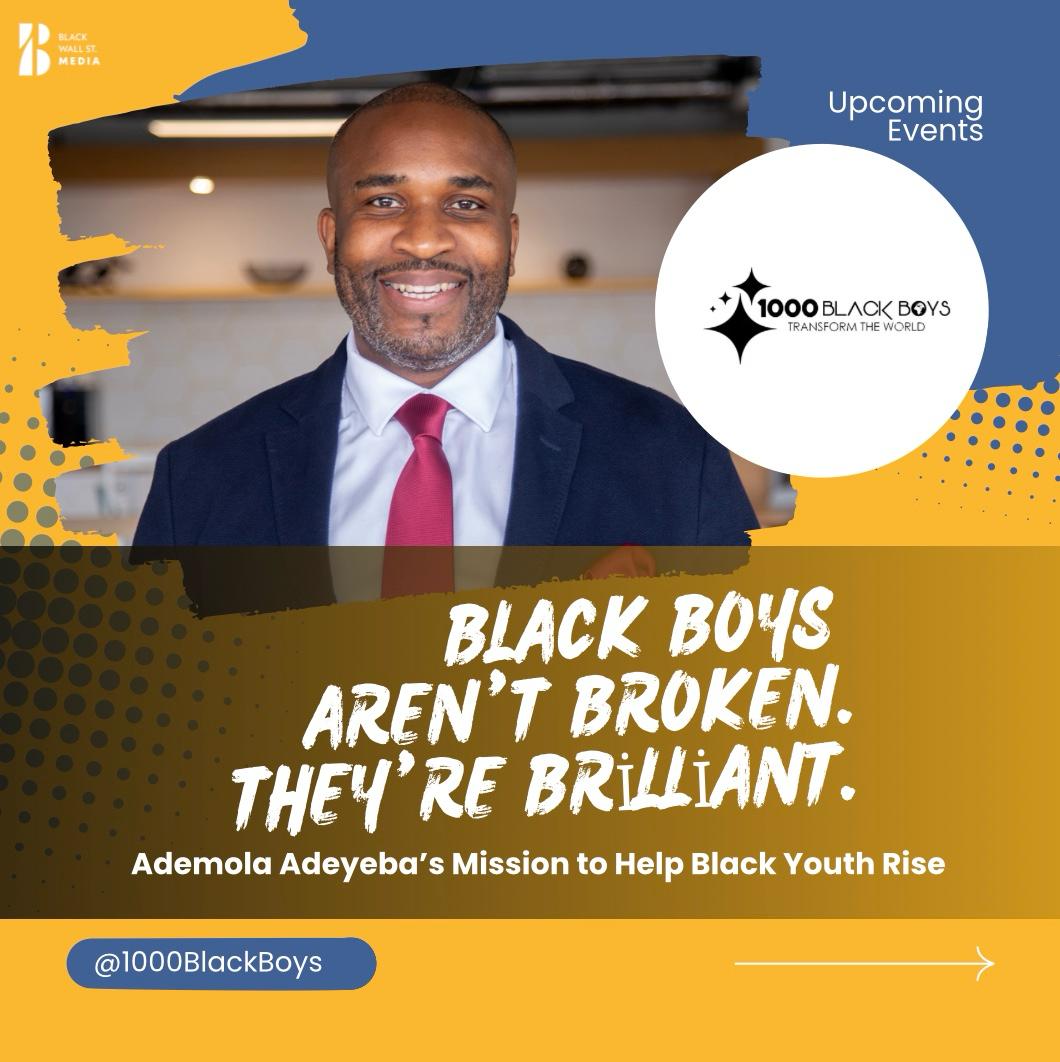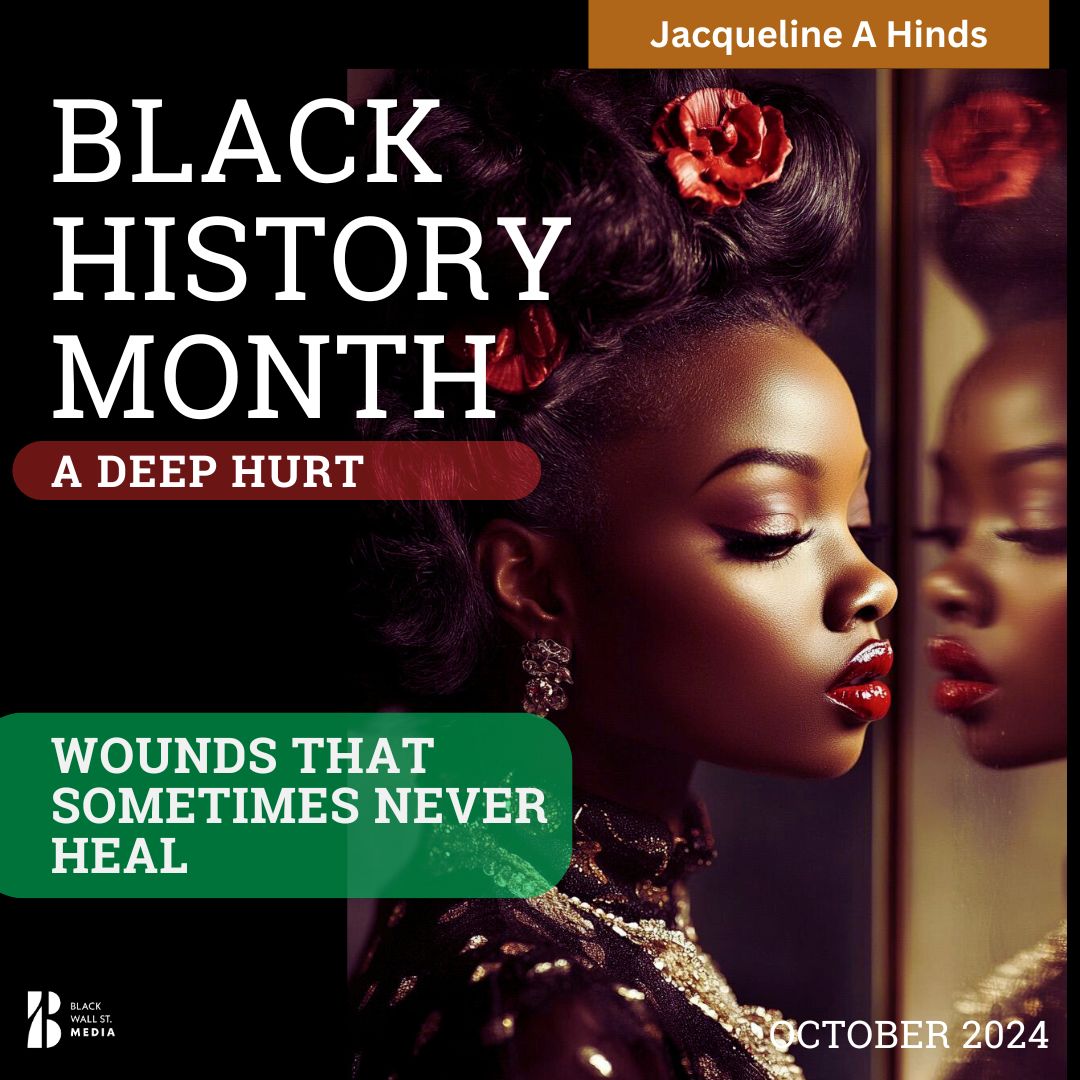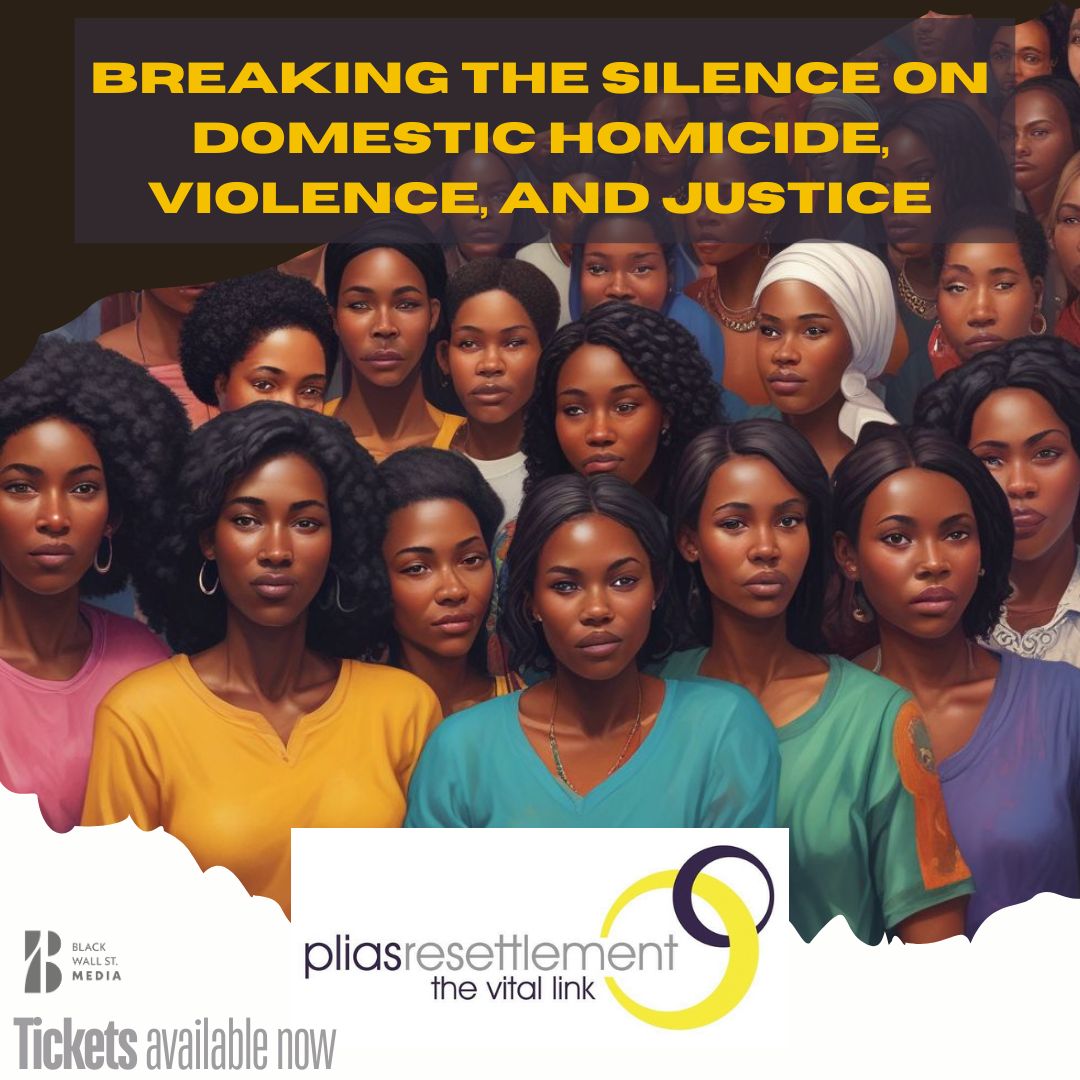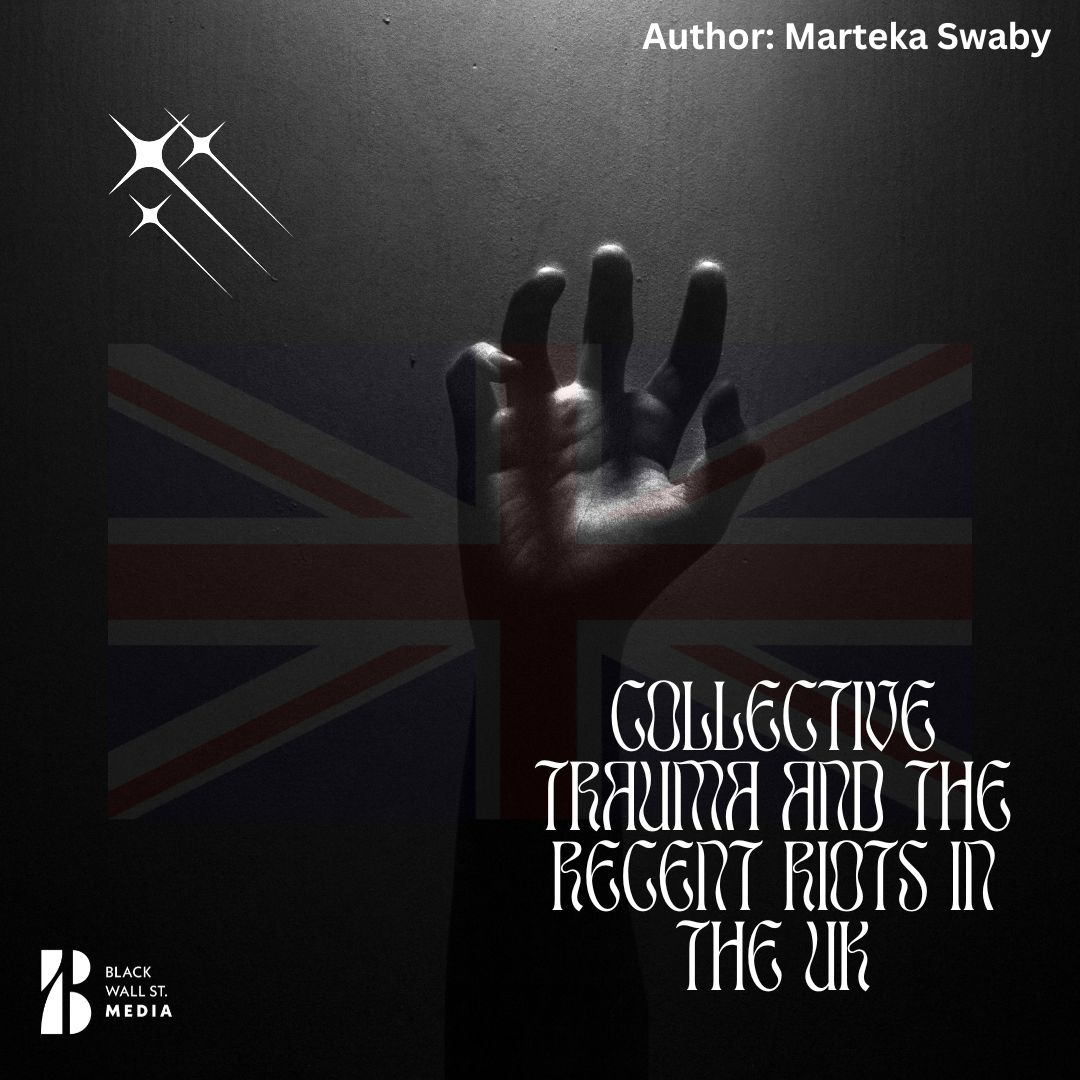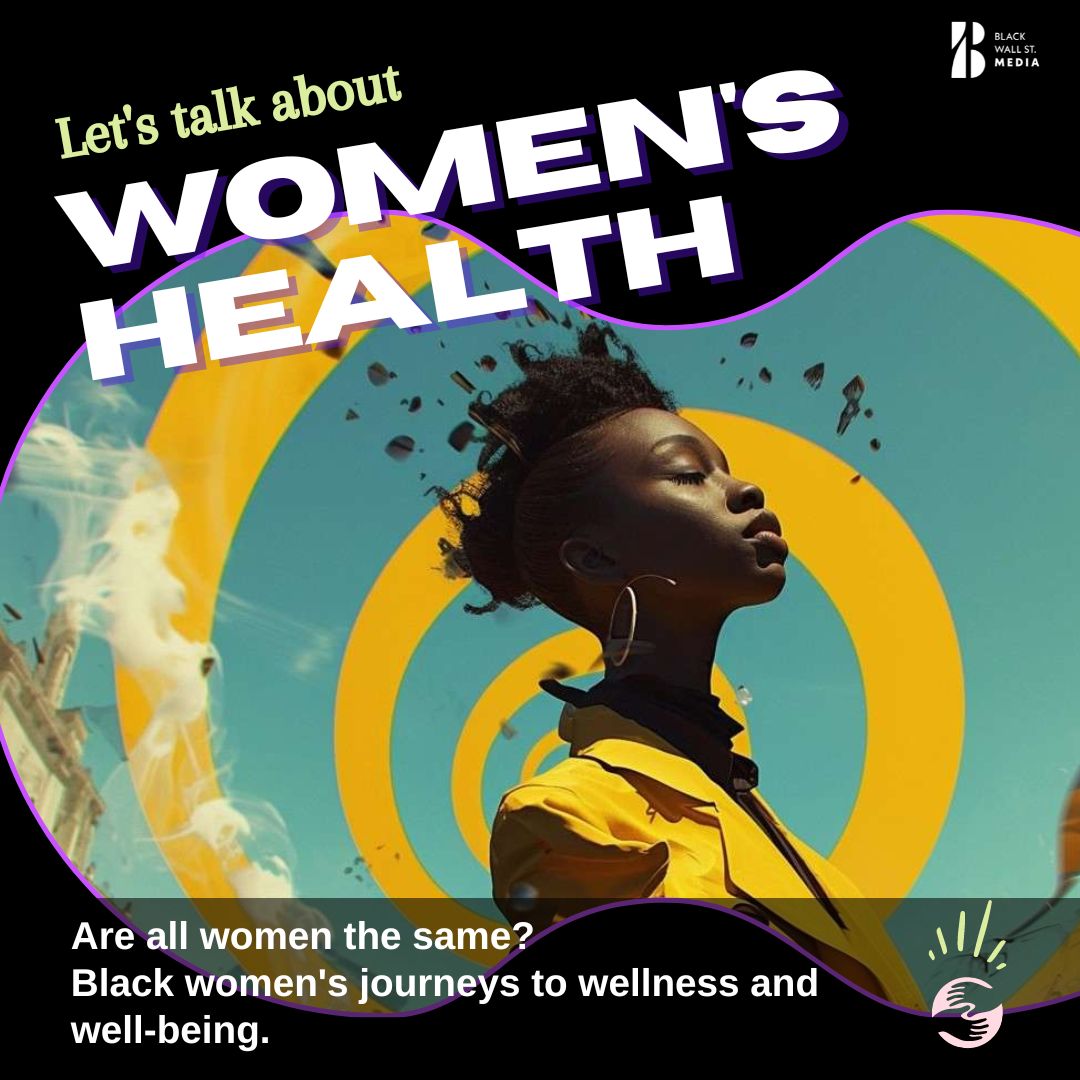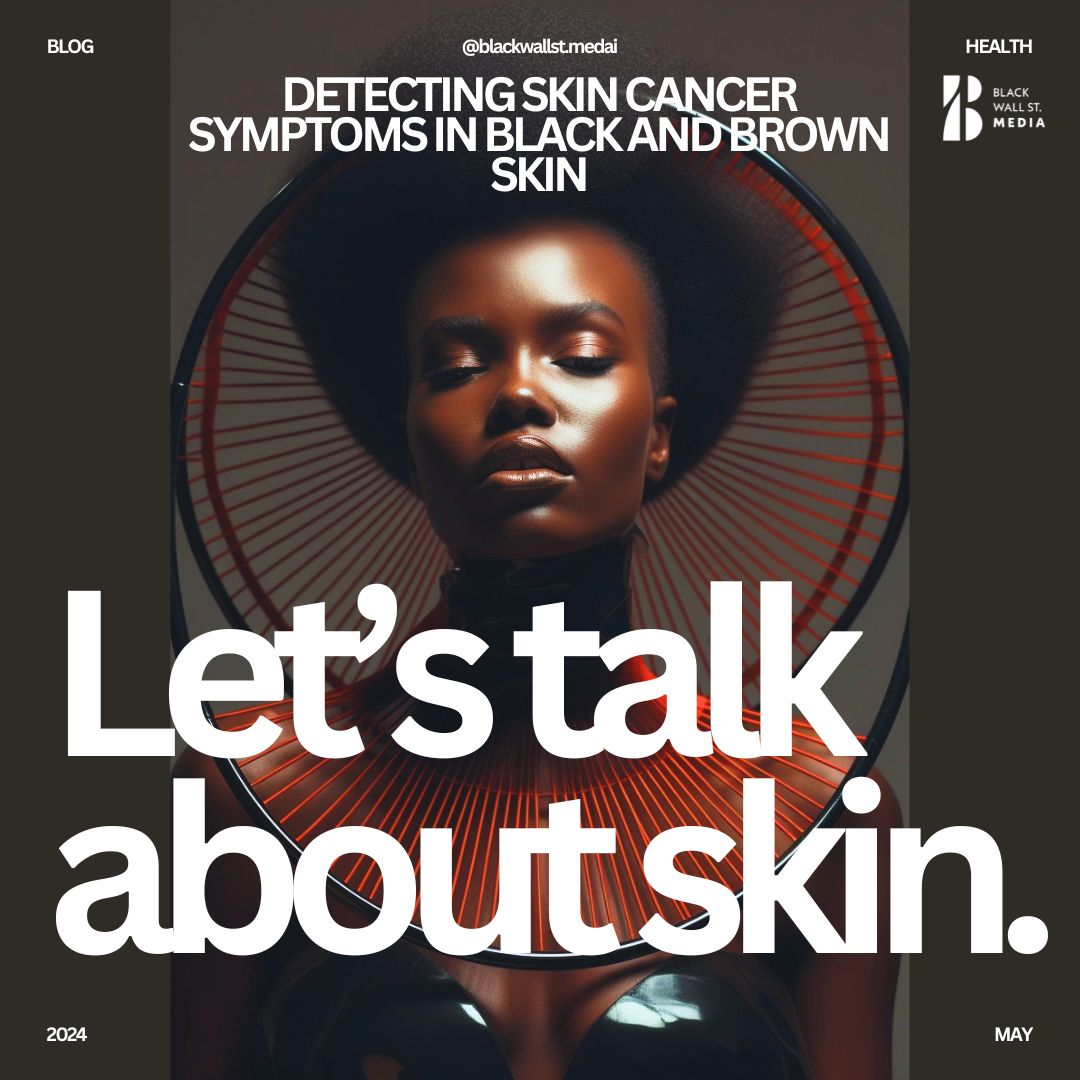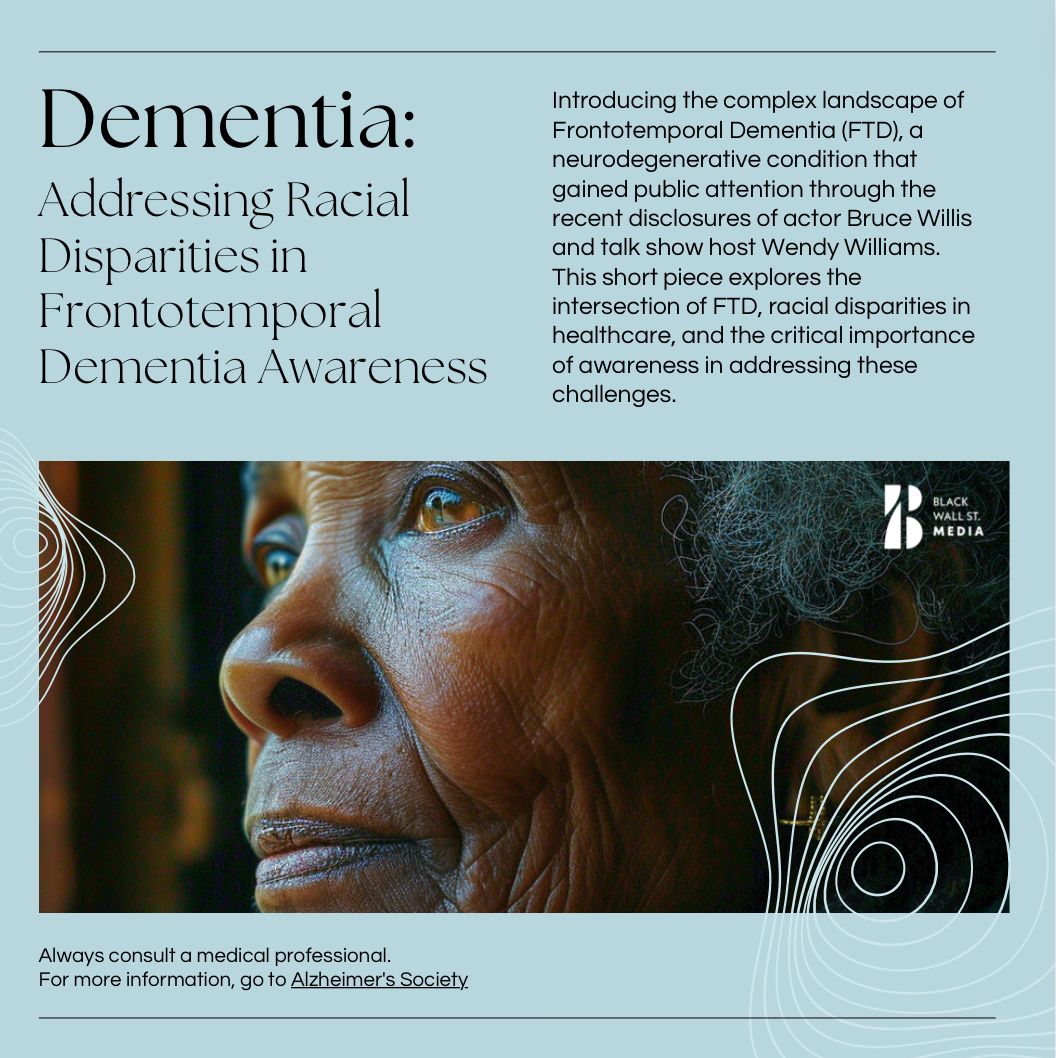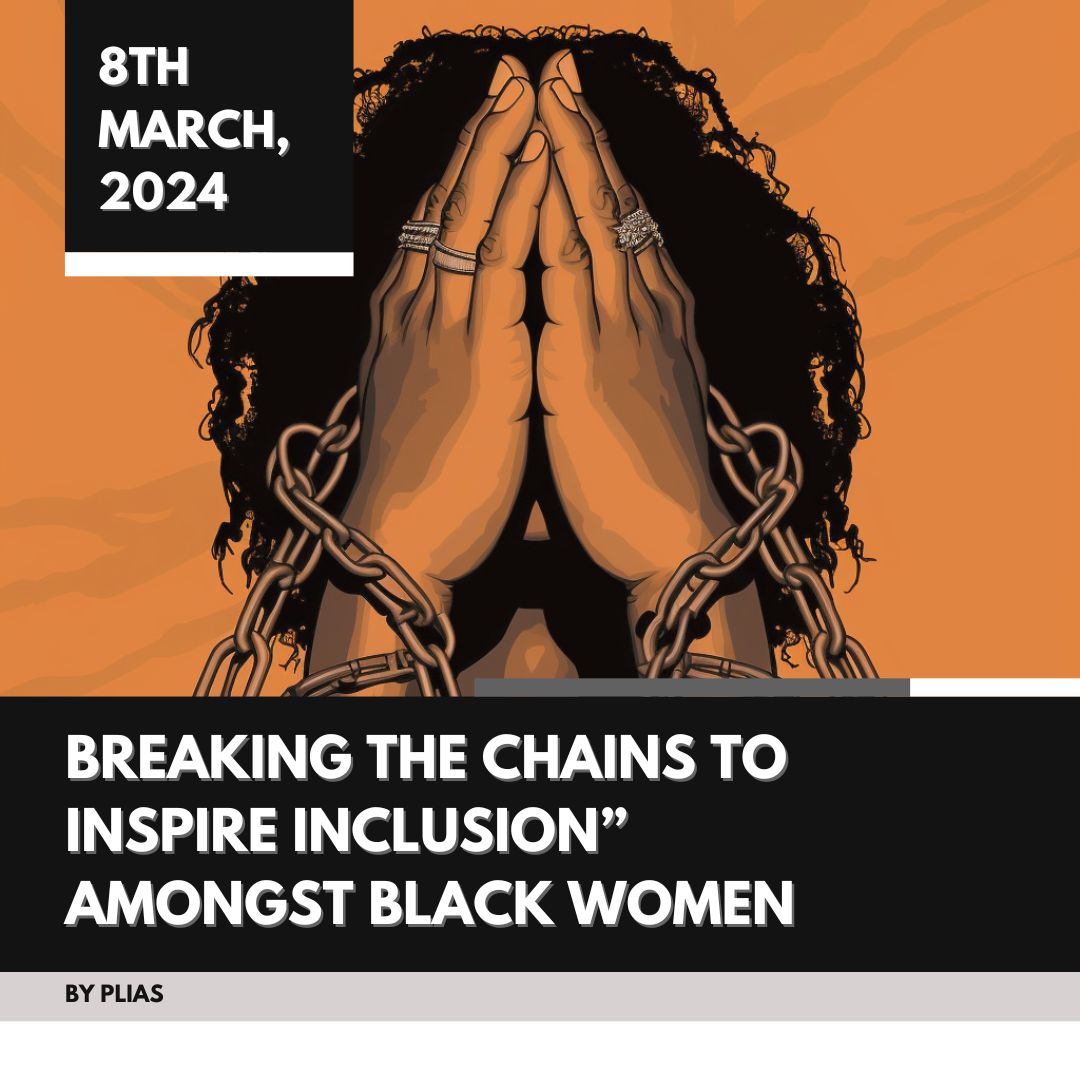Social justice advocacy
Hester & Abbott: The Trauma of Misogynoir
“Shedding light on the insidious impact of misogynoir and systemic racism on Black women's lives! Dissecting the traumatic realities faced by Black women like Diane Abbott in the face of toxic masculinity, hate-filled rhetoric, and societal oppression. Let's stand together and demand accountability for those who perpetuate injustice.”
Daniella MaisonEDITOR OF SOCIAL CAUSE ISSUES
‘You see Diane Abbott on the TV, and you’re just like I hate you, you just want to hate all black women because she’s there… I think she should be shot. Frank Hester OBE, 2019.
Over the past several years, toxic masculinity has become a compound explanation for all male violence and sexism.
Its symptoms have become just as infamous. Sexism (discrimination against women), Male chauvinism (belief in male dominance and supremacy), Misogyny (hatred of women), Patriarchy (the system of society or government in which men hold the power). mysogynoir, coined by Moya Bailey to describe “the specific hatred, dislike, distrust, and prejudice directed toward Black women.”
Negrophobia. Anti-blackness. Afrophobia. All are barbarous as individual plagues. Many of us are still unaware of the complex ways in which these combine to manifest and collectively traumatise Black women. Let’s be very clear.
Frank Hester’s statement is so vitriolic that it combines every single one of the above. Of course, I could have penned a diatribe on Frank (who admits only to being rude) and the irony that this is a man who once trained to be a priest.
But, the issue with mysogynoir and afrophobia is that most modern explanations exemplify what psychologists call the “fundamental attribution error.”
In other words, they focus blame on individuals, not on the situation. And make no mistake, Frank is part of a situation. ‘Makes you want to hate all black women’
It has long been the case that the maltreatment of black women is a constant component of colonial power.
Maltreatment that stemmed from a single source: hatred. Enslavement, bondage, whipping, branding, dehumanisation, domestic chattel, productive chattel, burning crosses, The N Word, rape, lynching. All were borne of hatred. The very sight of at Diane Abbot on television makes Frank hate all black women. Every single one of us, of which there are 22 million in America alone.
The stark reminder that we are looked upon by the white male gaze with sheer hatred is traumatic, no matter how accustomed we think we have become to it.
The reality is that we may have been in our respective parts of the worlds for decades and centuries, but as diaspora, there is an entire proportion of our body politic that intrinsically abhor us.
‘I hate her (Megan Markle) Not like I hate Nicola Sturgeon or Rose West. I hate her on a cellular level.’ Jeremy Clarkson.
The emotional pain connected to feeling hated digs deep within our core and psyche. Purely irrational, it is hard to battle on an intellectual level, and so it penetrates into the layers of our being.
The emotional wounding caused just by being hated, is one of the most difficult traumas to heal. Diane Abbott MP is already a modern paradigm of black women as disproportionate victims of online abuse. In the last general election, Abbott received almost half of all the abusive tweets sent to female MPs.
When hatred is spewed enough, it poisons people and alters the landscape. The trouble with true hatred is that it cannot exist in a vacuum. It manifests into action.
It becomes rape, assault, it wields knives and loads bullets in to guns. ‘I think she should be shot’ Like a virus that mutates, Franks hatred of Diane (and I’m sure he is only expressing the top of the iceberg among the safety of his boys club) quickly translates to violence.
Much in the way that Jeremy Clarksons ‘cellular’ hatred exposed his twisted desire to watch Meghan ‘paraded naked through the streets of every town in Britain while crowds chant, ‘Shame!’ and throw lumps of excrement at her”, Frank specifically wants to see Diane Abbott shot.
By saying so, Frank reminds us that the angry lynch mob is still alive and kicking, lest we should dare forget. Black women survived the barbarity of the Middle Passage, the inhumanity of slavery, the oppression of Jim Crow, and the battle for modern civil rights.
As my role as CSW68 U.K. delegate to the UN recently reminded me that we have survived (and are still enduring) FGM, war, disproportionate rates of domestic abuse, cancer, blood pressure, diabetes, mental health, miscarriages, unemployment and more. And on top of it all, a white male looks upon us and hatred, like bile, rises up through his throat and makes him confess that he wants to shoot us.
When Myles Cosgrove, Brett Hankison and Jonathan Mattingly went to the wrong address, forced (unannounced) entry and looked upon Breonna Taylor they decided she should be shot.
When Miriam Carey performed a U turn a mile from the White House, officers who have never been bought to justice looked at her and decided she should be shot before shooting her five times in the back.
For centuries, the deep racial hostility that permeates western society has burdened Black women with a hatred that has often served to focus brute manifestations of sadism, just by looking at us. Yes, these examples are in America, but as Diaspora we are part of the same system, victim to and survivors of the same agenda.
In addition to that, we are victims of the same handbook. The deaths of Sarah Reed, Cherry Groce, Joy Gardener and more – show us they are just as brutal; they tow the same line; they will lynch us without guns and (like Frank) dream of lynching us with guns.
It was only in the Summer of 2020, that two white male officers were suspended for taking selfies next to the dead bodies of murdered sisters Nicole Smallman and Bibaa Henry and sharing them in a WhatsApp group.
The mentality is no different to the 1911 postmortem image of Laura Nelson’s body suspended from a bridge over the Canadian River that was proudly distributed as a postcard in Oklahoma, after a mob of white males lynched her and her teenage son.
The agenda that killed Laura Nelson was unpredictable and arbitrary. It still is.
Each time we think we’re making progress we’re met with a headline that serves to remind us of our otherness. “It’s a systemic race-related repetitive stress injury. It’s not a post-traumatic stress disorder or injury because we’re not in a post-racist society. It’s something we have to deal with every day.” William A. Smith.
Trauma affects us as black women profoundly. We are in the heart of International Women’s month, and instead of celebrating our womaness, we are in varying states of ‘racial battle fatigue’ this week.
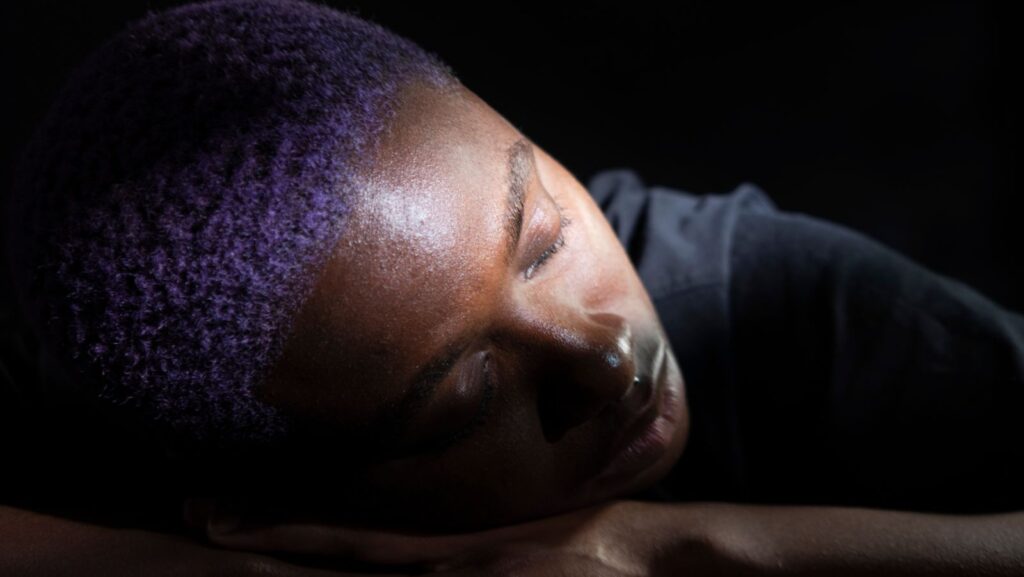
The inevitable consequence of continued acts of misogynoir that triggers our anxiety, stress and health issues.
Beware of wolves in sheep’s clothing. “Looking back, Mum taught me more about ethics than any text could. She consistently told me and my four siblings that no one was better than anyone else.
So firm was her belief in equality that she was furious on one trip back to Ireland to discover that there was a first-class category on the boat. She boycotted the ferry company from then on.”
This is how Frank speaks in public, a showpiece of homegrown and mama-taught equality.
So how do we ever truly know what our teachers, bosses, doctors and police are really thinking? And therein lies the rub.
As we try to stand up and be seen, as we try to shatter glass ceilings and navigate glass cliffs, walk with our chins up and slay, we are fighting untold battles.
We don’t have an outfall or adequate support mechanisms to be exposed to continued trauma. No amount of “be kind to your Black employees”, “10 things black women invented” posts on social media, or changing our profile pictures to portraits of Diane Abbott is going to magically fix the myriad of systemic and historic issues at play here.
It is a murky combination that consistently results in the loss of Black lives.
It’s time for a synergistic appreciation of trauma as a historical issue that is still thriving in our present. It’s time that our trauma is viewed as real and transmittable.
It’s time to connect the dots between misogynoir, afrophobia and our disproportionate syndromes, pervasive malaise, and extermination.
We need to abandon the rose-tinted reverie that socialised traumas, like abuse, rape and femicide, are anomalies in an otherwise fair and peaceable society.
Frank stands in a centuries old line and dines among an army of patriarchal buddies who think just like him.
We need the world to face the fact that offences like these are the inevitable and predictable outcomes of a social system that is afflicted with the diseases of misogyny and misogynoir.
A personal and political willingness to metabolise and digest trauma as a social and political pandemic is urgently needed. Black women need tangible support to cope with the contagion effects of this stifling climate.
”We need leaders and politicians who outrightly refuse to perpetuate structural trauma, and who are teachable. And we need to accept nothing less.
Daniella MaisonEDITOR OF SOCIAL CAUSE ISSUES

